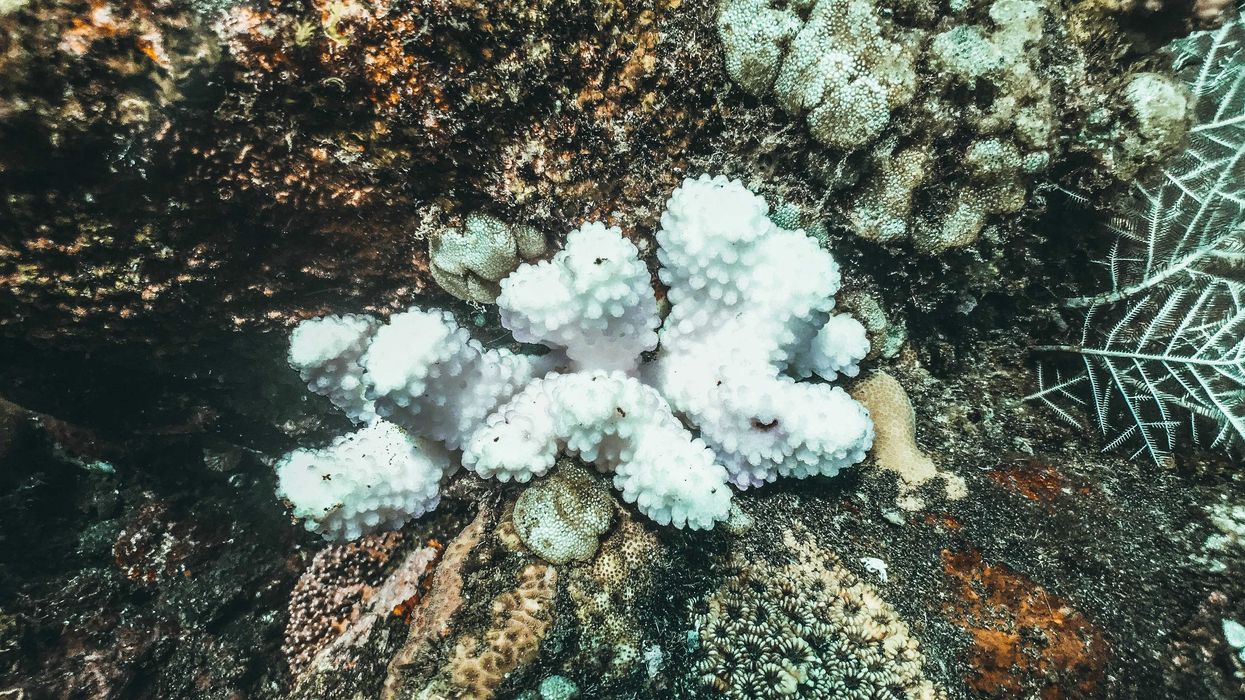Researchers are turning to bacteria and fungi with natural enzyme systems to break down plastics that resist conventional recycling, offering a potential new tool to address mounting waste.
Julianne Megaw writes for The Conversation.
In short:
- Certain microbes, such as Ideonella sakaiensis, can fully degrade PET plastic into harmless components, and similar capabilities are emerging in species like Gordonia and Arthrobacter.
- These organisms may repurpose enzymes evolved to digest natural polymers, enabling them to attack synthetic plastics without pretreatment.
- With plastic production surpassing 460 million tons annually and only 9% recycled, microbial degradation is being studied as part of global strategies, including a proposed UN plastics treaty.
Why this matters:
Plastic pollution has become one of the defining environmental challenges of the century, with vast amounts accumulating in land, rivers, and oceans. Durable and cheap, plastics often persist for hundreds of years, breaking into microplastics that can enter food chains and potentially harm wildlife and human health. Microbes capable of degrading synthetic polymers represent a rare instance where nature’s own processes could counteract a human-made problem. While such biodegradation is far from replacing traditional waste management, advances in microbial and enzyme research could complement other efforts to slow the flow of plastic into the environment. The stakes are high: Without effective interventions, plastic waste will continue to accumulate, threatening ecosystems, economies, and public health worldwide.
Related: Scientists explore engineered bacteria to break down microplastics
















